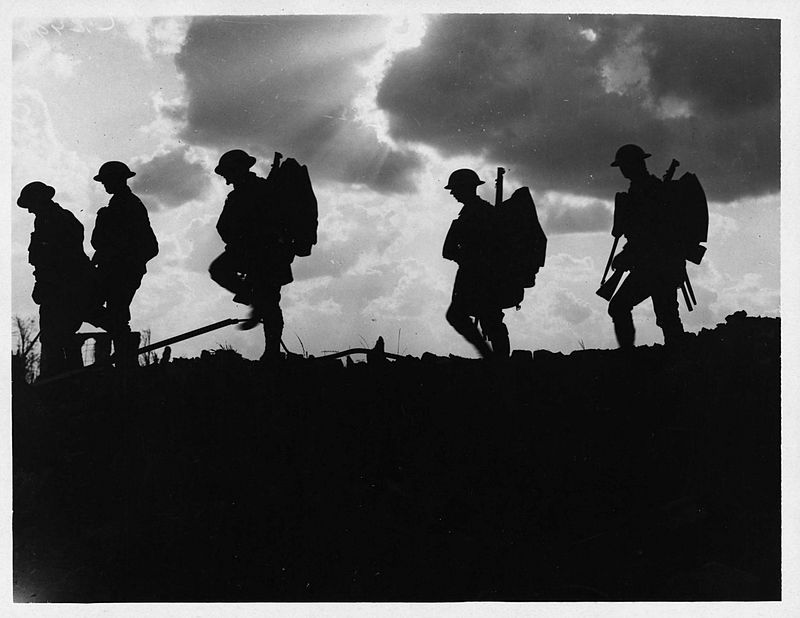Military runs in the blood for the Smiths; it started with the First World War when six maternal uncles of Smiths took part in the combat while their father served back home due to a hernia problem. Jim Smith, now 94, and Bill, 92, decided to continue the family’s Military legacy when the Second World War broke out and they enlisted to take part in the European theatre of the War.
Jim says that his love for the country and its people forced him to enlist and that he never considered himself any hero; he only wanted to do his part in defending his countrymen and their values.
Jim and Bill, along with their other six brothers, all served in the military. Jim’s three sons also joined the Army National Guard, while two grandsons served in the Iraq war.
The brothers were raised in rural Ewing in a quiet, big household with another four sisters; the family later moved to Flock Road in Hamilton. Jim’s earliest memory of his childhood is riding the neighbor’s horses on Quaker Bridge Road for adventure.
The great Depression hit the family hard. The father, who worked as a machinist, struggled to find any work, but he eventually landed a job with the Works Project Administration in Trenton.
After dropping out of Trenton Catholic High School at the age of 17, Jim got a hard job working in Northern Idaho for the Civilian Conservation Corps. His job was to help plant trees in the areas badly damaged by forest fires. The destination was a four-day train journey and Jim clearly remembers the journey, especially when he had to shut the window while passing through a tunnel to avoid the scorching steam from the train’s engine. At the age of 20, he decided to enlist in the Army Air Corps, and so he was trained in Atlanta city as a radio operator and was drafted in the First Air Division of the Eighth Air Force.
Jim was accompanying B24 bombers, thousands of them, over the English Channel. However, due to an allergy that prevented him from high altitude flying, he had to move back to HQ in Huntington England. Jim says that shortly after the D-day invasion General Patton’s army was advancing at such a pace that the bombers feared to hit his men instead of the enemy.
Jim was soon sent to France on a rather type of field job with his mobile radio unit. His job was to identify the targets and communicate with the HQ about the places to hit. Jim spoke about a couple of times when he came face to face with death, especially the time when while communicating from a farmer’s barn he saw a heavily armed German Patrol unit approaching his position. The farmer covered his vehicle with hay, and Jim hid in the barn, thus narrowly escaping capture and possible execution. The soldiers in his former unit were dying in high numbers – a total of 25,000 men perished from the First Air Division of the Eighth Air Force, most of them during and after the D-Day invasion.
Bill, on the other hand, was not so lucky, as being the part of 2nd Infantry he had to constantly face enemy’s shells while advancing into the Nazi-occupied regions. Bill was only 19 when on June 10, 1944, his unit landed on Omaha Beach. He was chest-deep in water carrying equipment over his head under heavy enemy fire. Bill and his men were sent to the beach as replacements for those who perished four days ago in the D-day invasion. Bill recalls how he and his comrades were showered with German shells while trying to dig their trenches. They were told it was the Germans’ way of welcoming the Allied soldiers. Bill also speaks of piles of bodies littered all over the place, and that how he was told: “don’t mind them and keep moving.”
Bill got caught by fate during the Battle of Saint-Lo in Normandy when he had to run for his life and got into a barn to save himself. German troops surrounded the barn, and he was forced to make a run for it. He was hit by 88mm tank shell shrapnel on his neck; he later found out that his life was saved by a mandolin he was wearing on his back. He kept that mandolin as a souvenir. After the war, Bill was decorated with a Purple Heart and a Bronze Star with Oak Leaf Cluster.
